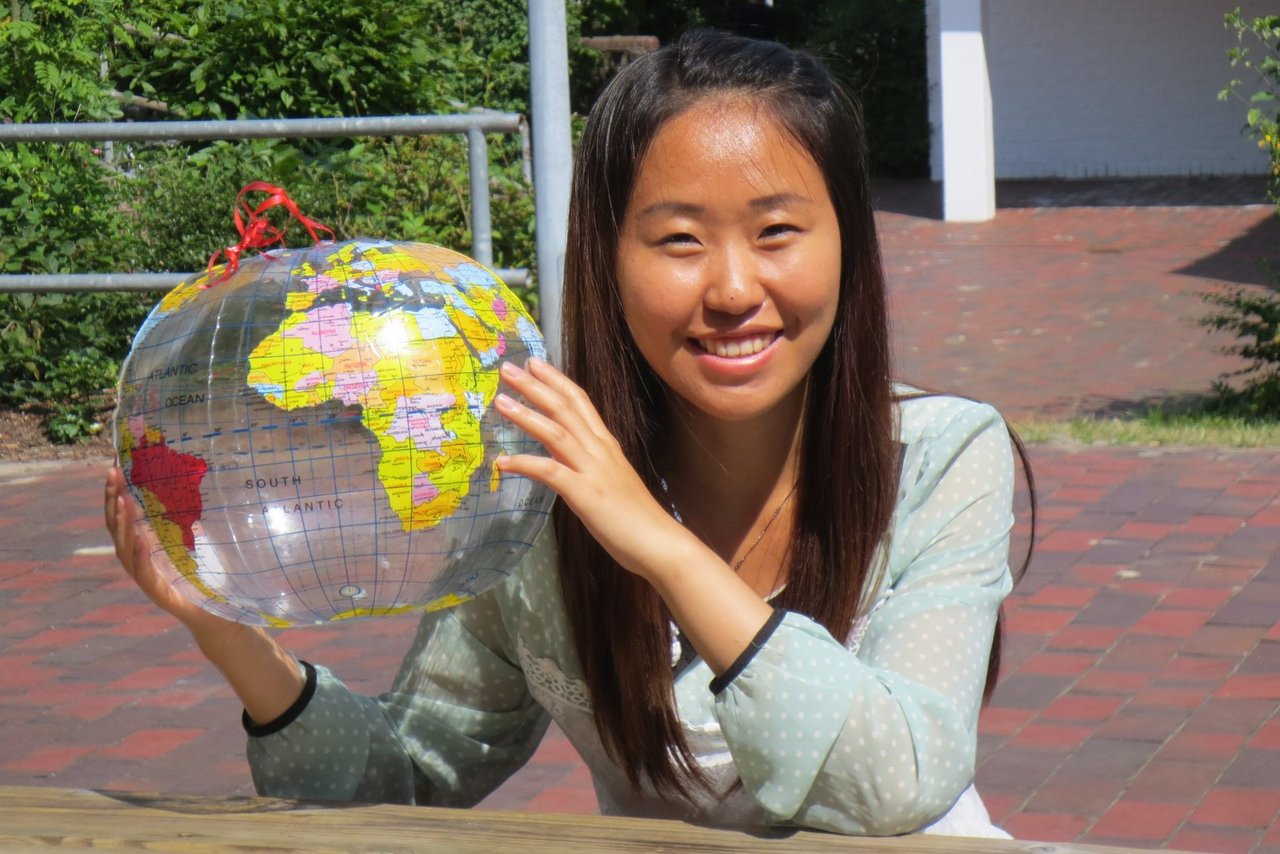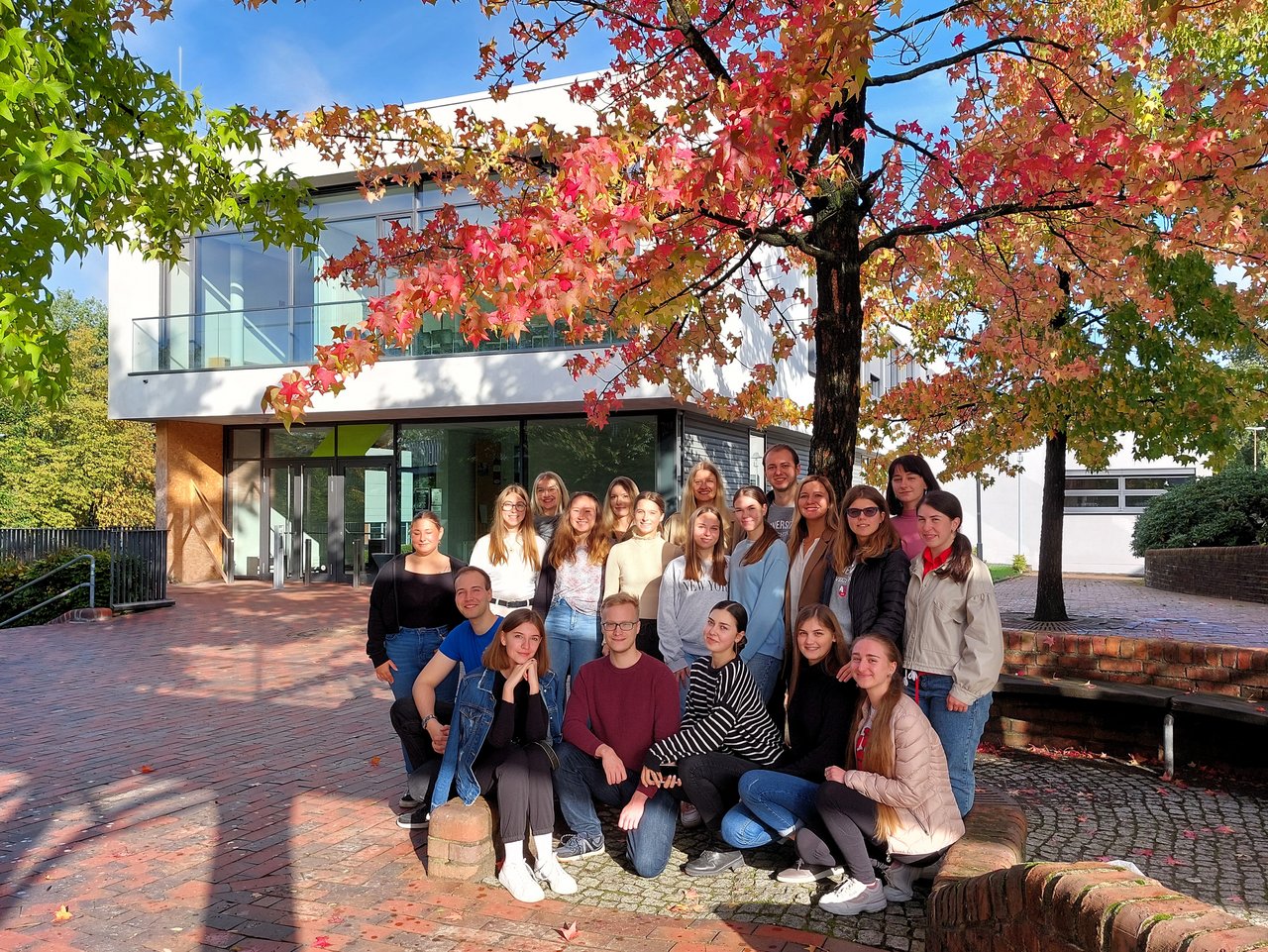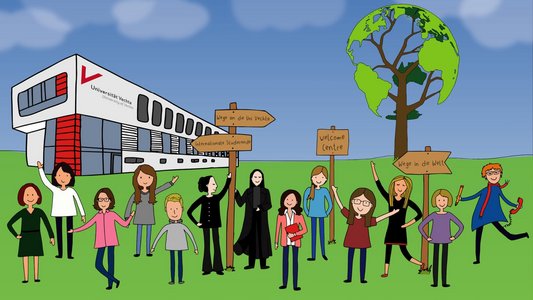The Master's programme in Educational Science is aimed at people with a background and interests in education and social sciences. It deepens and expands the knowledge already acquired in an educational or social science Bachelor's degree programme and is aimed at the middle and upper management in educational and training systems. Special emphasis is placed on issues relating to organisational, team, personnel and quality development as well as super-diverse childhoods, education for sustainable development and digitality.
Against the background of a basic understanding of educational science, current developments and changes are critically and reflectively analysed, examined and discussed. The aim is to better understand change processes within the systems at the various decision-making levels in order to be able to develop them constructively. The aim is to place the perspective of children and young people at the centre of these developments.
The degree programme promotes the further development of pedagogical skills at various levels, strengthens leadership skills and combines theoretical knowledge with practical experience. It follows a scientifically approach that enables students to competently analyse educational challenges at the various levels of the educational and social professions system in different contexts and to deal with them in a solution-oriented manner.
The innovative structure of the degree programme is designed to improve compatibility, especially with professional activities and/or shared family responsibilities.
The 1st and 2nd semesters are characterised by their block-oriented structure (blocks of on-site attendance followed by several weeks of self-study at home). In the 3rd semester, there is the option of a mobility band: students can spend a semester at another university and gain experience abroad. If this option is not utilised, students can continue their studies digitally or on site at the university. In the 4th semester, the degree programme concludes with the Master's thesis and the Master's colloquium.
With a degree in educational science, you have a wide range of career prospects in or at:
- pedagogical fields of action (education system, child and youth welfare and adult education, special and curative education, health education, media education or art and cultural education)
- Science and research (e.g. universities, non-university research institutions)
- Consultancy (e.g. specialist advice, quality development, evaluation)
- municipalities and state ministries (management tasks, organisational and team development)
- Non-governmental organisations, foundations and non-profit associations, trade unions
- Educational communication (publishing, press, etc.)
In Germany, there currently is a high demand for qualified employees in the field of educational sciences.




